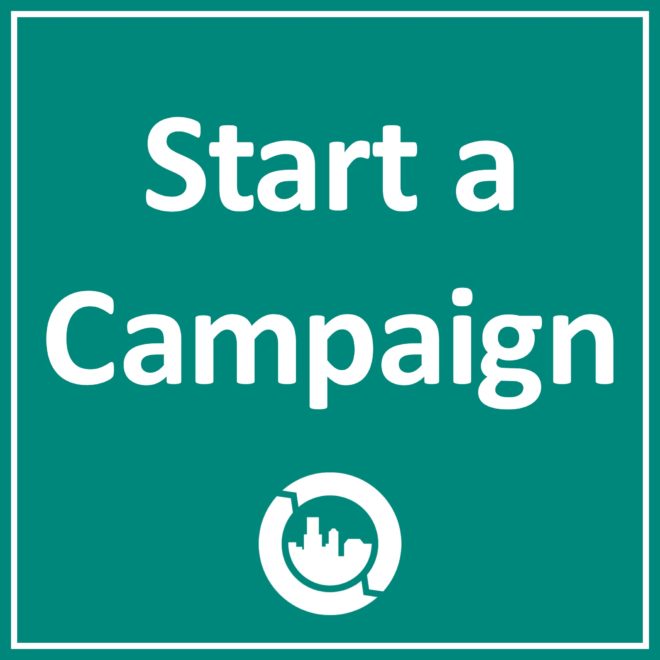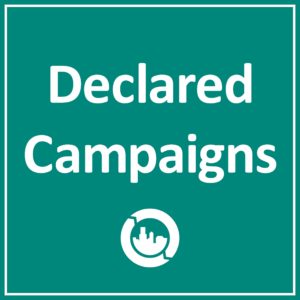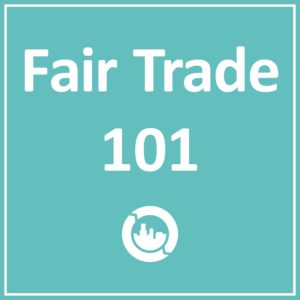Day 4 at FEDECARES: Discovering the Social Premium at a General Assembly Meeting
In March, Fair Trade Towns USA sent 12 volunteer organizers on a 7 day learning tour of Fair Trade farms in Dominican Republic. The travelers came from town and city campaigns all over the country to see the effects of their hard work visiting cocoa, coffee and banana farms, as well as a sweat-free apparel factory. This series chronicles the trip through the eyes of a different organizer each day. This blog post comes to us from Ruixi Hao of Fair Trade Boston.
On our first day with FEDECARES, the Fair Trade Towns USA Delegation walked in on the monthly general assembly meeting of LA ESPERANZA, a coffee association that is a member of FEDECARES. FEDECARES is a one of 4 National coffee federations in the Dominican Republic and the only one who sells Fair Trade coffee. FEDECARES has 134 member associations like ESPERANZA.
EVERY MONTH LA ESPERANZA holds a meeting hearing its members’ voices, updating recent news and making decisions. The monthly meeting ensures representation from 134 towns, Fair Trade operational transparency and builds a mechanism that allows its members to own the cooperative and account for their community development.
At the general assembly meeting, committee members and farmer representatives introduced to us how the social premium is managed, a question most Fair Trade Town delegates sought to investigate first hand on this trip. Every 100 pounds of coffee sold generates a $20 social premium. $15 of the $20 goes to fund community development projects, while $5 supports quality improvement. Each year, the committee votes to decide what programs proposed by the communities to support each year, evaluating the importance and urgency.

Angel’s father is so proud of his son, a Physical Education high school teacher at Santo Domingo, who was supported by Fair Trade social fund for its college education in Cuba.
Since farmers have long been struggling to fight for better education, health care, housing and other public services, the Fair Trade social premium fund has mainly been spent on those areas. Up to today, 25 students from the cooperative have been supported to get bachelor degree. The community was able to improve the school buildings and build classrooms for night schools. The social funds has also provided health services to local community and covering their health care expenses. They also created a number of ‘multipliers’ who are trained by technicians on trash control, crop protection, etc. and are responsible to spread the knowledge and technique among farmers.
Angel Arbar and his father are both at the meeting today. While his father is a representative of his community, Angel is among the Youth Relays Association, a sub association composed of younger generation of coffee farmers. Angel was supported by Fair Trade social funds and was able to finish his college in Cuba. He came back to the Dominican Republic and became a Physical Education teacher at a middle school in Santo Domingo. “Years ago, people in my village had to travel 3 hours to gather water, now with support of social fund, every single house has their own water tab.” Said Angel’s father proudly, “and, my son was able to finish his college in Cuba, thanks to Fair Trade social funds’ support.”
About FEDECARES:
FEDECARES was born out of the necessity to rebuild the coffee regions after the devastating Cyclone David hit the Dominican Republic in 1979. The producers understood that by joining forces, they would become stronger. They began by creating an individual community association. Then in 1983, 60 different community associations came together to form the regional structure known as “Federacion de Caficultores de la Region Sur” (FEDECARES). This non-for profit organization was legally recognized in August 1991. Since then, it has grown to include 134 associations in 13 different provinces. The main office of FEDECARES is located in the city of San Cristóbal. In 1989 FEDECARES joined fair trade as one of the first suppliers to the Max Havelaar Foundation (FLO’s original precursor).







You must log in to join the discussion. If you are not already a member registering is easy.